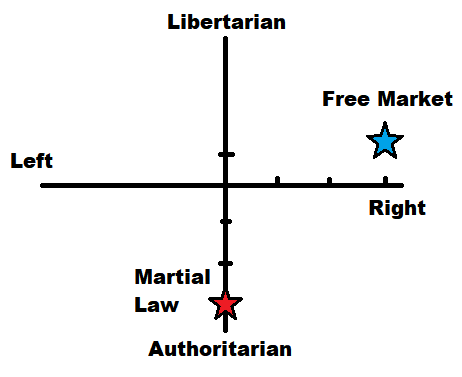killmeplease
Mk Z on Steam
I think policies aren't good enough currently. Its too much bustle with card switching in civ6, and the civic tree feels redundant. Civ5 policies were nice little things you collected throughout the game, very satisfying, but the whole system was too static.
What i propose is a new policy system:
Edit: there is no civic tree or governments, just individual policies
Policies can be created with great philosophers when specific conditions are met (similar to eurekas). Great Philosophers are born when philosopher points accumulate from palace, govt plaza buildings and maybe some other like courthouses and gardens. Some great people of other types may also create unique policies (merchants, generals etc).
Also, policies can be learnt from other civs with a statesman (as well as techs?) Statesmen are bought with culture in govt plaza. Statesmen can also abolish or re-enable old policies.
Why to switch off a policy?
Policies cost culture per turn to maintain. Some policies can be good in the early game but become too expensive for their effect later (e.g. God King costs 1 culture per 10 population, while providing flat +3 faith). This encourages the player to choose which policies he really needs at the moment, and create a tradeoff between running more policies now and saving culture for later (more powerful) policies. Also the player can change current policies according to situation, but it isnt free (requires a statesman's charges to disable some policies and enable others).
Another idea is revolutions. It may be a positive event overall, during which you can scrap old policies releasing some culture to buy new policies, which also may cost cheaper during the revolution. Revolutions may be initiated by some philosophers (like Karl Marx) or occur naturally in the course of the game (for the losing civs to catch up).
What i propose is a new policy system:
Edit: there is no civic tree or governments, just individual policies
Policies can be created with great philosophers when specific conditions are met (similar to eurekas). Great Philosophers are born when philosopher points accumulate from palace, govt plaza buildings and maybe some other like courthouses and gardens. Some great people of other types may also create unique policies (merchants, generals etc).
Also, policies can be learnt from other civs with a statesman (as well as techs?) Statesmen are bought with culture in govt plaza. Statesmen can also abolish or re-enable old policies.
Why to switch off a policy?
Policies cost culture per turn to maintain. Some policies can be good in the early game but become too expensive for their effect later (e.g. God King costs 1 culture per 10 population, while providing flat +3 faith). This encourages the player to choose which policies he really needs at the moment, and create a tradeoff between running more policies now and saving culture for later (more powerful) policies. Also the player can change current policies according to situation, but it isnt free (requires a statesman's charges to disable some policies and enable others).
Another idea is revolutions. It may be a positive event overall, during which you can scrap old policies releasing some culture to buy new policies, which also may cost cheaper during the revolution. Revolutions may be initiated by some philosophers (like Karl Marx) or occur naturally in the course of the game (for the losing civs to catch up).
Last edited:


